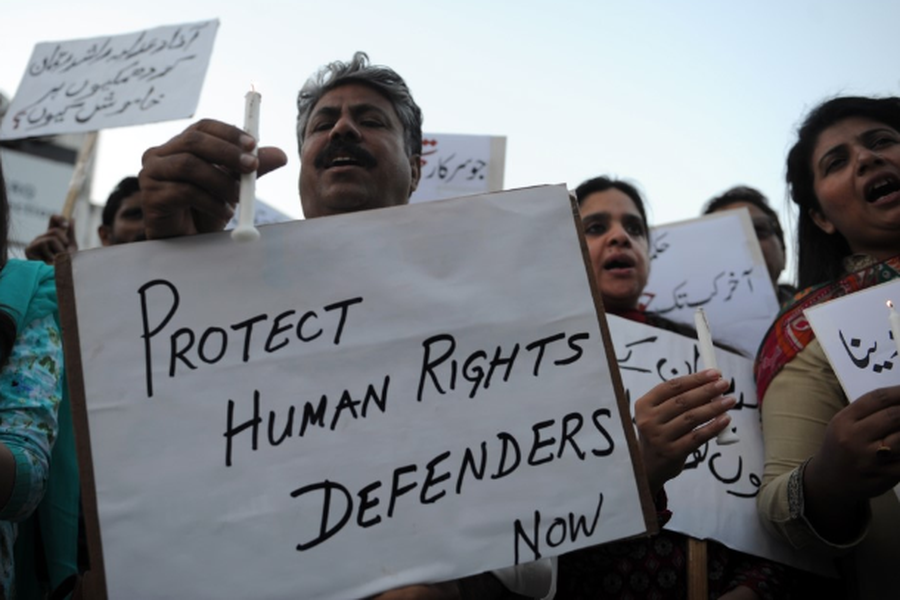
Pakistan’s Human Rights record has never been commendable, and the country has ranked high on both the U.S. Department of State annual reports on religious freedom and human rights and also those of the European Union and international human rights watch dogs. However, things have worsened over the last few years.
At the recent release of the 2020 Human Rights report of the Human Rights Commission of Pakistan (HRCP) this issue came to the fore. Farhatullah Babar, former Senator and member of the Human Rights Committee of the Senate noted in an oped that the report “is a disturbing reading” and “is not only the trendsetter but should also give a fair idea of the state of human rights in remote areas of the country. The national human rights institutions rooted in the country’s constitution and legal system collapsed during the year. The statutory National Commission on Human Rights (NCHR) has been dysfunctional since May 2019. Due to the collapse of this platform, citizens have nowhere to complain about violations of their human rights.”
Babar noted, “Freedom of expression remained under serious threat. The government did not heed protest demonstrations held against new curbs on print, electronic and social media and on media professionals. The owner of the largest media group was put behind bars in a 35-year-old case by the NAB. The government continued to issue one presidential ordinance after another, bypassing constitutional procedures of presenting draft bills in the parliament and holding detailed discussions.”
Further, “FIRs were registered against Asad Toor over ‘negative propaganda.’ Journalist Ahmad Noorani alleged that he was receiving threats for his investigative report on the businesses of the serving head of the CPEC Authority. Provision of the Pakistan Electronic Crimes Act 2016 continued to be misused and FIA did not submit its bi-annual report before the parliament. Worryingly, enforced disappearances continued even in the federal capital. At least three cases of enforced disappearance had been reported in the federal capital during 2020.”
Finally, as Babar pointed out, “Female journalists came under vicious attacks, forcing them to issue a joint petition seeking protection. The UN office of human rights voiced concern and called upon the government to take “immediate and concrete” steps to ensure their protection but no action was taken. PEMRA imposed a ban on airing speeches by ‘absconders.’ This action is viewed by many as aimed at preventing the telecasting of former prime minister Nawaz Sharif. Digital rights came under attack when in November last year, the IT ministry notified ‘Removal of Unlawful Online Content Rules’ without consultation with stakeholders in what is largely viewed as an assault on digital rights of the people.”
![]()





